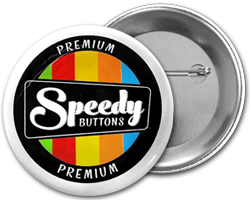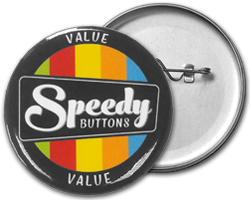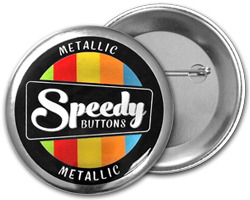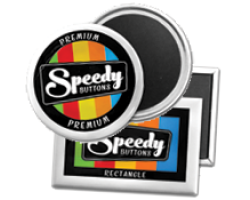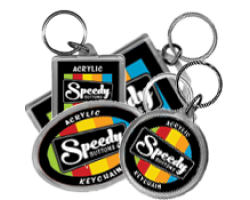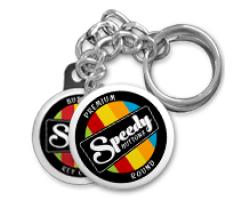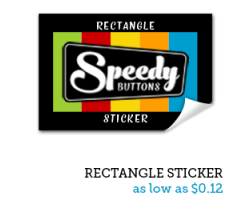be sure to read before you order
We've all been there: there's a free app that looks really neat, but before we download it, we have to scroll through a filibuster's worth of legal language and click something saying we agree to it all. Practically every website and app has a "terms and conditions" statement. Who reads them? Aside from the site owner's counsel and legal hucksters looking for loopholes to exploit for monetary gain, hardly anyone does.

If you printed and stacked all the T&Cs you ever agreed to, then climbed the stack, it would be really dangerous, so don't do that.
Terms and conditions in many cases could be slimmed down considerably and still work the same, but a lot of sites are happy to have terms and conditions that go on at length, the theory being that
• T&Cs with everything including the kitchen sink provide legal cover
• They want to legally absorb as much user data as possible
• They want to maximize profit
To be fair, when someone uses your website, they've entered into a relationship of sorts, particularly if you're selling something. A site owner is naturally going to want to spell out what that relationship is and what it means. It's good for both buyer and seller to understand what their obligations are in an e-commerce relationship.
Enforceability of Terms and Conditions
The enforceability of terms and conditions is malleable, especially when a site goes into intricate detail trying to cover every possible contingency. Generally, legal actions can only be brought for enforcement of valid contractual terms. The truth of a "term" is guaranteed by the person who made the statement and is a contractual obligation. A party can allege breach of contract if a term is violated.
At the same time, if no reasonable person would take a condition seriously, then legal action will most likely be thrown out. In other words, if the terms and conditions of the Microsoft Office update you downloaded require you to clean Bill Gates' swimming pool, that's not a reasonable condition. To illustrate the lengths that some companies' terms and conditions go to, in May, Norway's consumer protection agency live streamed the reading of T&Cs for 30 popular apps, which took well over 24 hours.
When Terms and Conditions Create Liability
Believe it or not, there are entrepreneurial-minded lawyers who sue companies solely based on the T&Cs on their website. A law in New Jersey that dates back to the 1980s prohibits companies from putting conditions on warranties that are prohibited under New Jersey state law. The purpose of this law was to reassure New Jersey consumers that they could, in fact, sue merchants if warranty terms didn't square with the state law. In other words, the situation can arise where the contract itself inadvertently creates liability.

"See, it says right here you agreed to join the Dark Side of the Force."
The penalty for violating the New Jersey law is $100 for each customer supposedly affected by the T&Cs. Since $100 multiplied by thousands of customers adds up, some law firms have come up with new ways to file class action suits based on T&C language. So while websites have to protect themselves, they also have to make sure they don't run afoul of applicable laws.
So What Does This Mean to You When You Buy Promotional Products?
Buying promotional products is generally straightforward, particularly if you can upload print-ready artwork to which you have intellectual property rights. If you have a promotional products company custom design something, then you have to read the T&C to understand who owns intellectual property rights to the design. You're probably thinking, "But I just want to buy some buttons. Why does it have to be complicated?"And you're absolutely right! One key to avoiding potential legal problems is actually reading the T&C (Ours weigh in at just over 2,000 words. Compare that to 20,000+ words for the typical Apple product T&Cs.)
The other key is communication. If you don't understand something in the T&C, contact the provider and ask. They should be happy to answer your questions, and if they're not, perhaps they're not the provider for you.
Avoid Problems with Promotional Products
Preventing T&C problems is far preferable to dealing with them later, so if you're buying promotional products like pinback buttons that affect your brand building efforts, you want to make sure and get things right, from the outset. We offer "ship today" service, the highest quality materials, plus guaranteed delivery, and we do everything humanly possible to accommodate customer needs. Get in touch and let's talk. We don't want T&C questions to get in the way of a great customer relationship.

